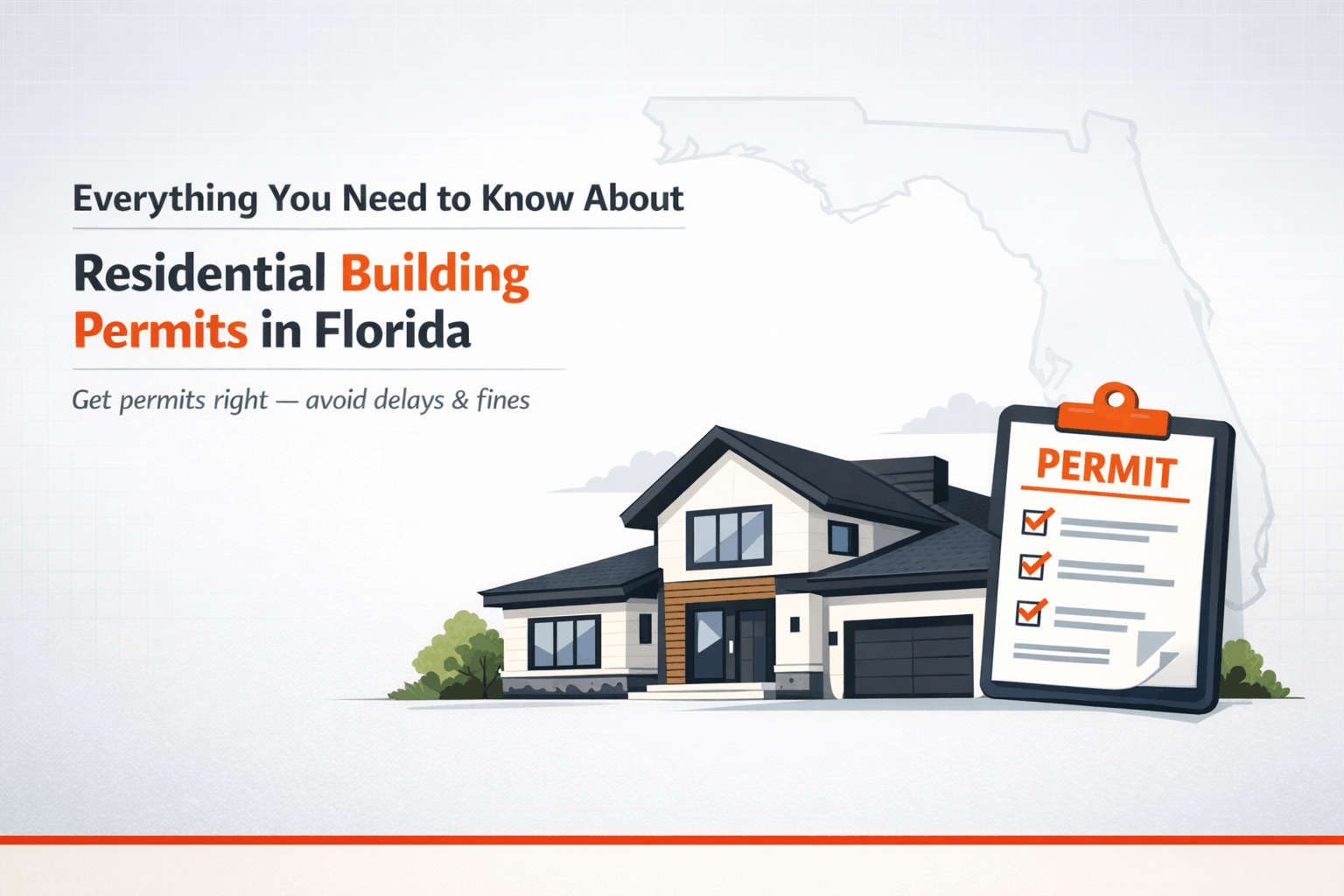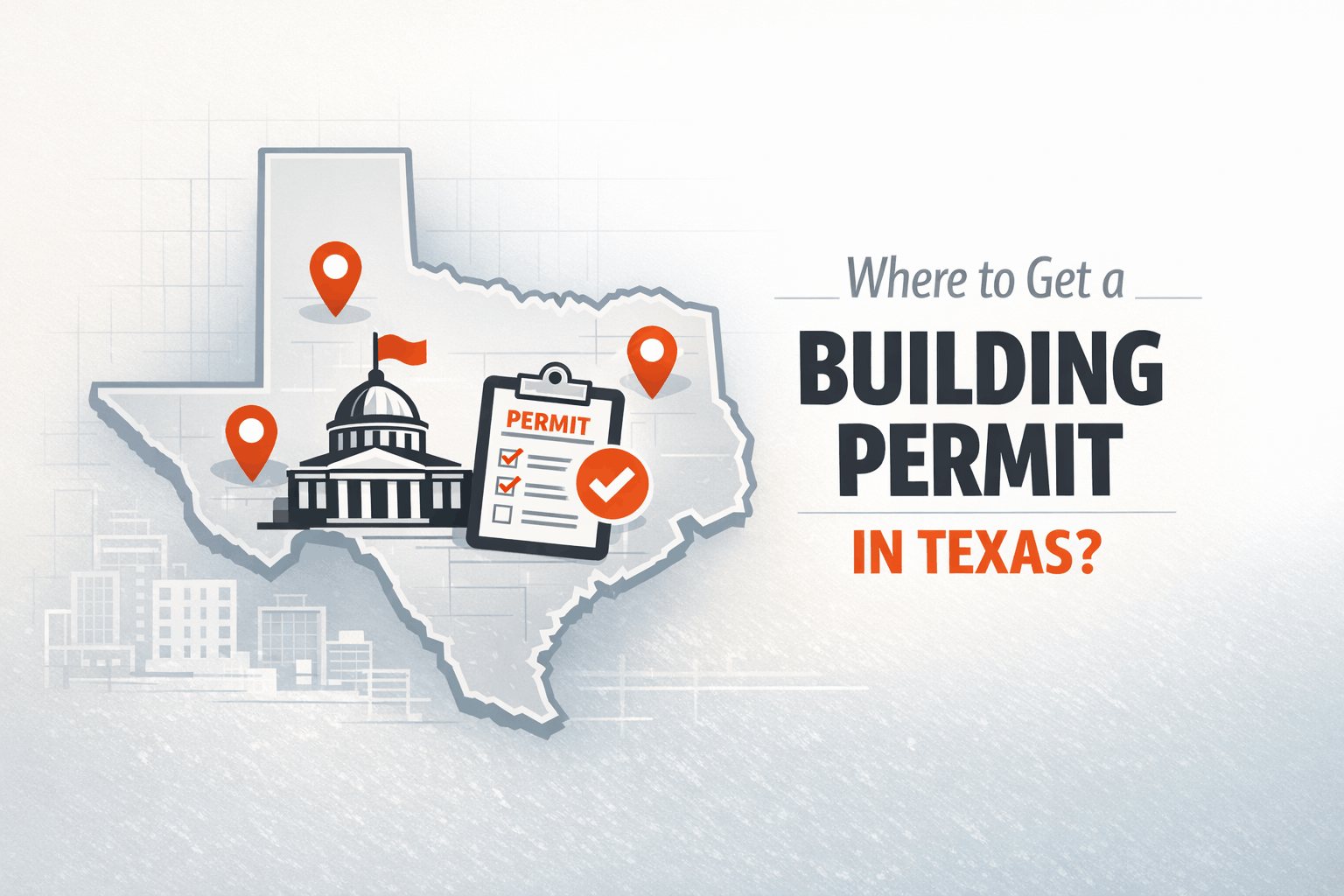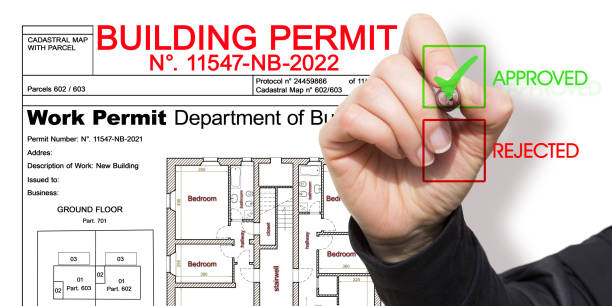Zoning for Service-Based Home Businesses in Los Angeles
Starting your own business is exciting, but if you want to run it from home in Los Angeles, zoning can be tricky. Many people don’t realize that not all residential areas allow commercial activities, and even if they do, there are rules about what type of business you can operate. If you are a physical therapist, personal trainer, or any service-based professional, understanding LA zoning is crucial before renting or buying a home.
Table of Contents
ToggleIn this article, we’ll break down zoning for home businesses in LA, explain what you need to know, and show how professional consulting can make the process smooth.
What Is Zoning and Why Does It Matter?
Zoning is a set of rules that local governments use to control how land is used. In Los Angeles, zoning rules decide whether a property can be residential, commercial, industrial, or mixed-use.
Why does this matter for your home business? Because not every home can legally host a business. Some neighborhoods allow only low-impact businesses, like online services or offices, while others strictly forbid any commercial activity.
For example:
Residential zones (R1, R2, R3): Usually for single-family or multi-family homes. Limited commercial activities may be allowed.
Commercial zones (C1, C2, C4, etc.): Designed for shops, offices, or service providers. Renting here might be easier for a home business that serves clients.
If you ignore zoning, you could face fines, be forced to shut down, or even lose your lease. That’s why understanding the rules before moving in is essential.

Common Rules for Home-Based Service Businesses in LA
Even if a residential property allows home businesses, there are often restrictions. Here are the most common:
Percentage of Home Used
Many zones limit business activities to a small percentage of your total home space, usually 25% or less.
This means your living area can’t become a full clinic or training gym.
Customer Visits
Some residential areas limit or prohibit clients from visiting.
If you provide physical therapy or personal training, this is important. You might only be allowed to see clients off-site.
Signage and Advertising
Putting up signs or large banners may be prohibited in residential zones.
Small online or social media marketing is typically fine, but a street-facing sign may require a permit.
Noise and Traffic
Home businesses can’t create excessive noise or traffic that disturbs neighbors.
For example, multiple clients coming and going all day could be considered disruptive.
Licensing Requirements
Even if zoning allows your business, you may need special permits or licenses for physical therapy or fitness services.
Check state and city requirements.
Steps Before Renting a Home for Your Business 🏠
How to Determine if a Property Allows Your Business
Many people assume that any home can host a business, but that’s rarely true. Here’s how to check:
Look Up the Zoning Code Online
Most cities, including Los Angeles, have municipal codes available online.
Search for the zoning map and look up your potential address to see its zoning designation.
Contact the Zoning Office
You can call or email the local zoning office.
Ask directly: “Can I run a home-based service business at this address?”
Understand the Specific Rules
Even within the same zone, different properties may have specific restrictions or conditions.
Some allow administrative approvals, while others may require a Conditional Use Permit.
Check for HOA Rules
If the property is in a homeowner association, their rules may be stricter than the city’s zoning code.

Options if Your Home Isn’t Zoned for Your Business
Not every home will allow your service business. But there are solutions:
Work Remotely or Online
If your services can be offered virtually, you can legally operate from most homes.
Use Your Home as an Office Only
Many service providers use their home for administrative work, scheduling, and calls.
Clients meet off-site, like at rented therapy rooms, gyms, or coworking spaces.
Apply for a Conditional Use Permit
Some cities allow exceptions with a permit.
This process can be tricky without experience, which is where consulting services help.
Choose the Right Property in Advance
With expert guidance, you can target properties that already allow your type of business.
Why Consulting Services Can Save Time and Money
Navigating LA zoning is confusing. There are hundreds of zones, codes, and special rules. Many people try to do it alone, but mistakes can cost time, money, and stress.
A consulting group like JDJ Consulting can help by:
Researching the Zoning Code: They identify which areas allow your type of service business.
Evaluating Properties: They check potential homes for zoning compliance, HOA restrictions, and other limits.
Liaising with Agencies: They communicate with city departments to confirm what’s allowed.
Helping with Permits: They guide you through Conditional Use Permits or other approvals if needed.
By using consulting services, you avoid legal pitfalls, unexpected fines, and wasted rental costs.
Home Business Space Estimator 📏
Quiz: Is Your Home Ready for Your Service Business? 🤔
Answer Yes or No:
- Does your home zoning allow business activities?
- Are client visits limited to acceptable levels?
- Do you have space for only 25% of your home for business?
- Do HOA rules allow your business?
- Have you obtained all necessary licenses?
Steps to Take Before Renting a Home for Your Business
Here’s a simple plan:
List Your Requirements
Space needed, client visits, equipment, parking, etc.
Check Zoning Online
Identify potential properties in zones that allow home businesses.
Consult with Experts
Get advice from a zoning consultant or real estate professional familiar with LA rules.
Verify with the City
Contact the local zoning office to confirm.
Review HOA Rules
Ensure nothing in the HOA rules conflicts with your plans.
Plan for Licensing
Obtain any state or city licenses required for physical therapy or personal training.
Common Mistakes Home Business Owners Make
Even experienced business owners can run into trouble if they overlook zoning. Avoid these mistakes:
Assuming Residential Zoning Is Enough
Just because a property is a house doesn’t mean you can operate a business.
Ignoring Client Traffic Limits
Excess visitors can violate city rules and annoy neighbors.
Skipping Permits or Licenses
Some services require professional licensing, separate from zoning.
Neglecting HOA Rules
Homeowners associations can ban businesses even in a city that allows them.
Not Consulting Professionals
Trying to figure out zoning alone can lead to costly errors.
Tips for Running a Service-Based Home Business Legally in LA
Keep Your Business Small at Home
Limit visits and equipment to stay under zoning thresholds.
Use Off-Site Locations for Client Work
Rent gyms, studios, or therapy rooms as needed.
Maintain Records
Keep client visits, space usage, and noise levels documented.
Be Transparent
Communicate with neighbors if clients will visit occasionally.
Hire a Consultant for Special Cases
If your business doesn’t fit standard rules, a professional can secure permits or approvals efficiently.
Conclusion
Running a home-based service business in Los Angeles is possible, but zoning rules are complex. Residential areas have strict limits on space, client visits, noise, and signage. Without proper research, you could face fines, complaints, or business closure.
Consulting services like JDJ Consulting Group make this process easier. They help you understand local zoning, review properties, and handle permits. With the right guidance, you can focus on your business rather than navigating confusing regulations.
Remember, planning ahead is key. Check zoning codes, talk to the city, and consult experts before renting a home. This ensures your home-based business is both legal and successful in Los Angeles.
Don’t risk fines or business interruptions. Ensure your home-based service business in Los Angeles is fully compliant. Consult our experts today and get guidance on zoning, permits, and HOA rules so you can focus on growing your business!
FAQs: Zoning for Service-Based Home Businesses in Los Angeles
1. What is zoning for service-based home businesses in Los Angeles?
Zoning refers to city rules that determine how properties can be used. For home businesses, it defines whether your residential property can legally host your service-based business, like personal training or physical therapy.
2. Can I run any service-based business from my home in LA?
No. Los Angeles zoning rules limit the types of businesses you can operate at home. Low-impact services like online consulting may be allowed, while client-heavy services often need special permits.
3. What are common restrictions for home-based service businesses?
Restrictions often include: limiting business to 25% of your home, controlling client visits, noise, traffic, signage, and ensuring you have proper licenses.
4. How do I find out if a property allows my business?
Check the LA zoning map online, contact the local zoning office, review HOA rules, and confirm any special conditions for the property.
5. What is a Conditional Use Permit, and do I need one?
A Conditional Use Permit (CUP) allows exceptions for businesses not normally allowed in a residential zone. You may need one if your service involves client visits or equipment that exceeds zoning limits.
6. Can I operate a home business without visiting clients on-site?
Yes. Many service businesses operate remotely or online. You can use your home for administrative work while meeting clients at rented offices, gyms, or studios.
7. Are HOA rules more strict than city zoning rules?
Sometimes. Even if LA zoning allows your business, your homeowner association may prohibit certain activities, client visits, or signage. Always check HOA guidelines.
8. What licenses do I need for a service-based business in LA?
Licenses depend on your profession. Physical therapists, trainers, or healthcare providers may need state or city permits in addition to zoning approval.
9. Why should I hire a zoning consultant?
Consultants save time and money by researching zoning codes, reviewing properties, helping with permits, and liaising with city agencies, preventing fines or legal issues.
10. What are common mistakes home business owners make?
Common errors include assuming all homes allow businesses, ignoring client limits, skipping licenses, neglecting HOA rules, and not consulting experts.






